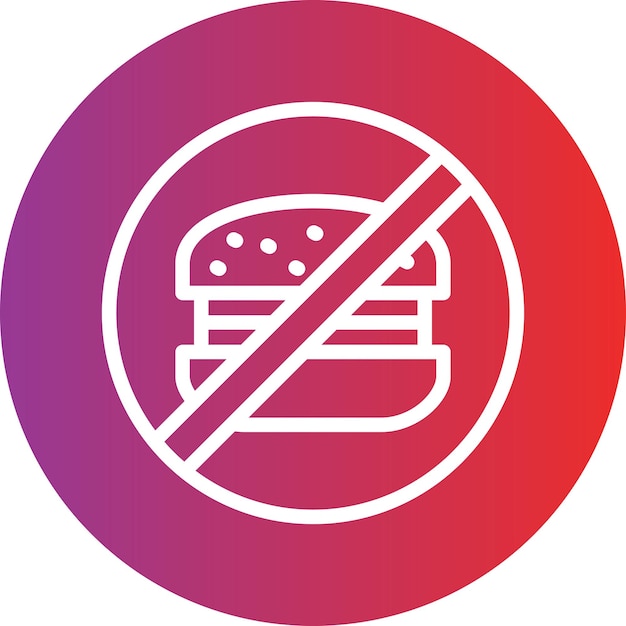What is Trans Fats and Why is it Bad?
Trans fats were initially introduced as a substitute for saturated fats in processed foods. Since saturated fats were more expensive and some studies linked them to heart disease, food industry engineers sought alternatives. Stiff saturated fats like lard, tallow, and coconut oil provide a different texture compared to products made with unsaturated oils. Trans fats are essentially natural plant oils that undergo a mechanical and chemical process to become more stable and similar in structure to saturated fats.
However, what wasn’t known at the time was that trans fats are actually much worse than saturated fats. Research over the past few decades has consistently shown that trans fats are linked to heart disease, diabetes, obesity, cancer, and many other health issues. You can usually identify if a food contains trans fats by reading the ingredients label. If it lists “partially-hydrogenated vegetable oil” or simply “hydrogenated,” it means the product contains trans fats.
The Trans Fat Ban
Some countries, cities, and communities have already banned trans fats. For instance, New York City prohibited trans fats in restaurants in 2007, and Denmark banned all partially-hydrogenated fats in 2003. The FDA has also moved to ban trans fats across the entire United States, with a complete phase-out by 2017. The FDA estimates that it will cost the food industry $6.2 billion over the next 20 years to reformulate recipes without trans fats, but the health benefits make this expense worthwhile.
Beware: Trans Fat Alternatives Aren’t Much Better
While banning trans fats is undoubtedly a positive step, simply replacing them with alternatives doesn’t necessarily lead to healthier eating. Most foods that contain trans fats are processed, refined, and high in sugar or other harmful ingredients. Even if processed foods don’t use trans fats, they often have other issues that can negatively impact health. Natural, whole, and unprocessed foods do not contain man-made trans fats or any other chemically-altered ingredients. By sticking to what nature provides, you can significantly reduce or even eliminate trans fats from your diet compared to consuming processed or restaurant-prepared foods.

